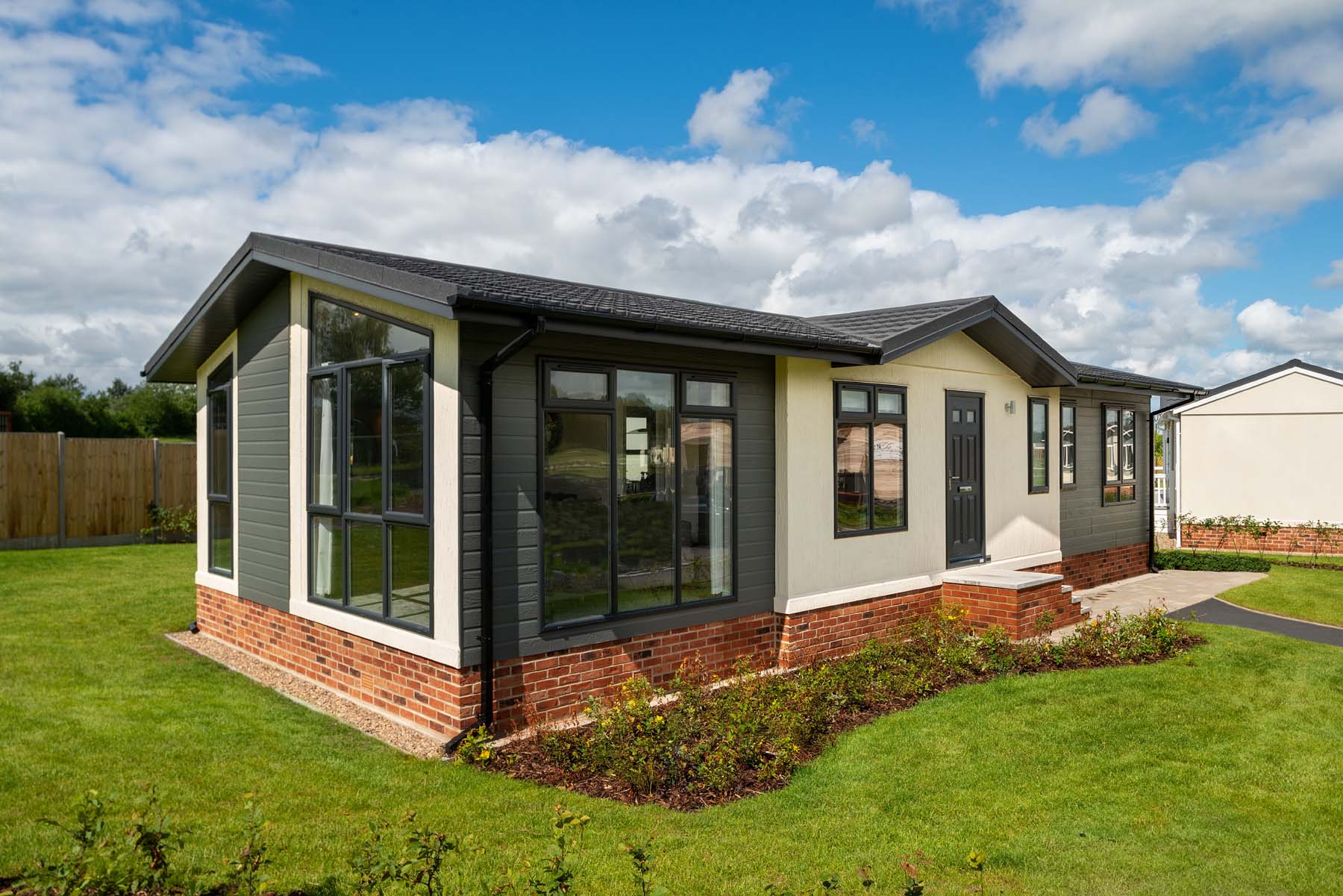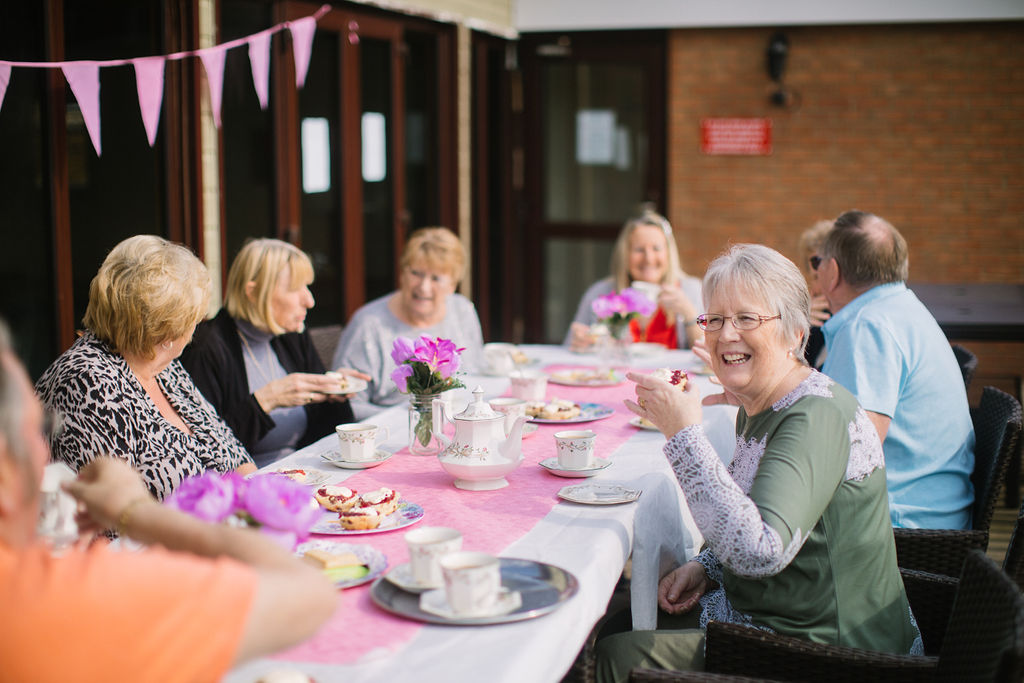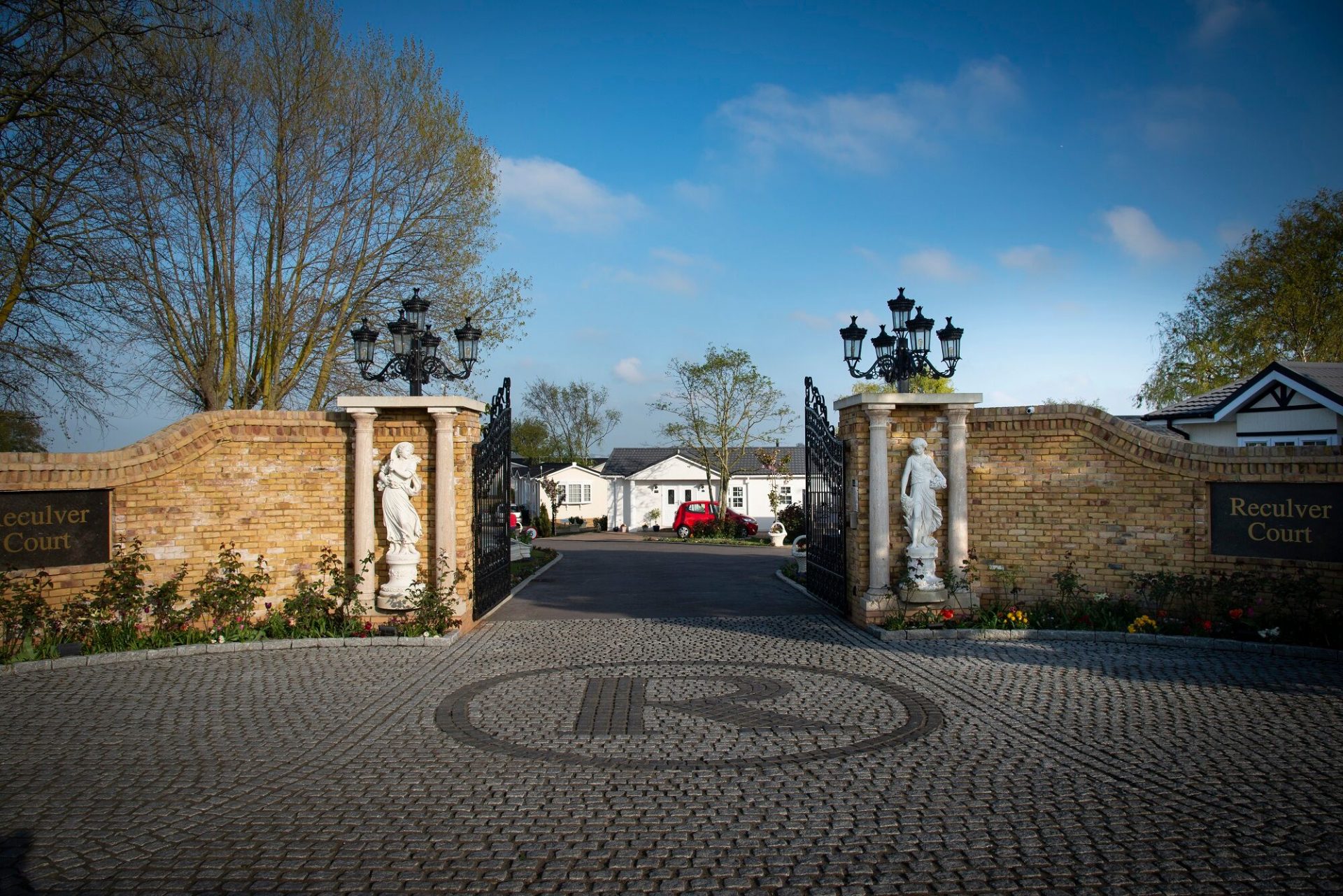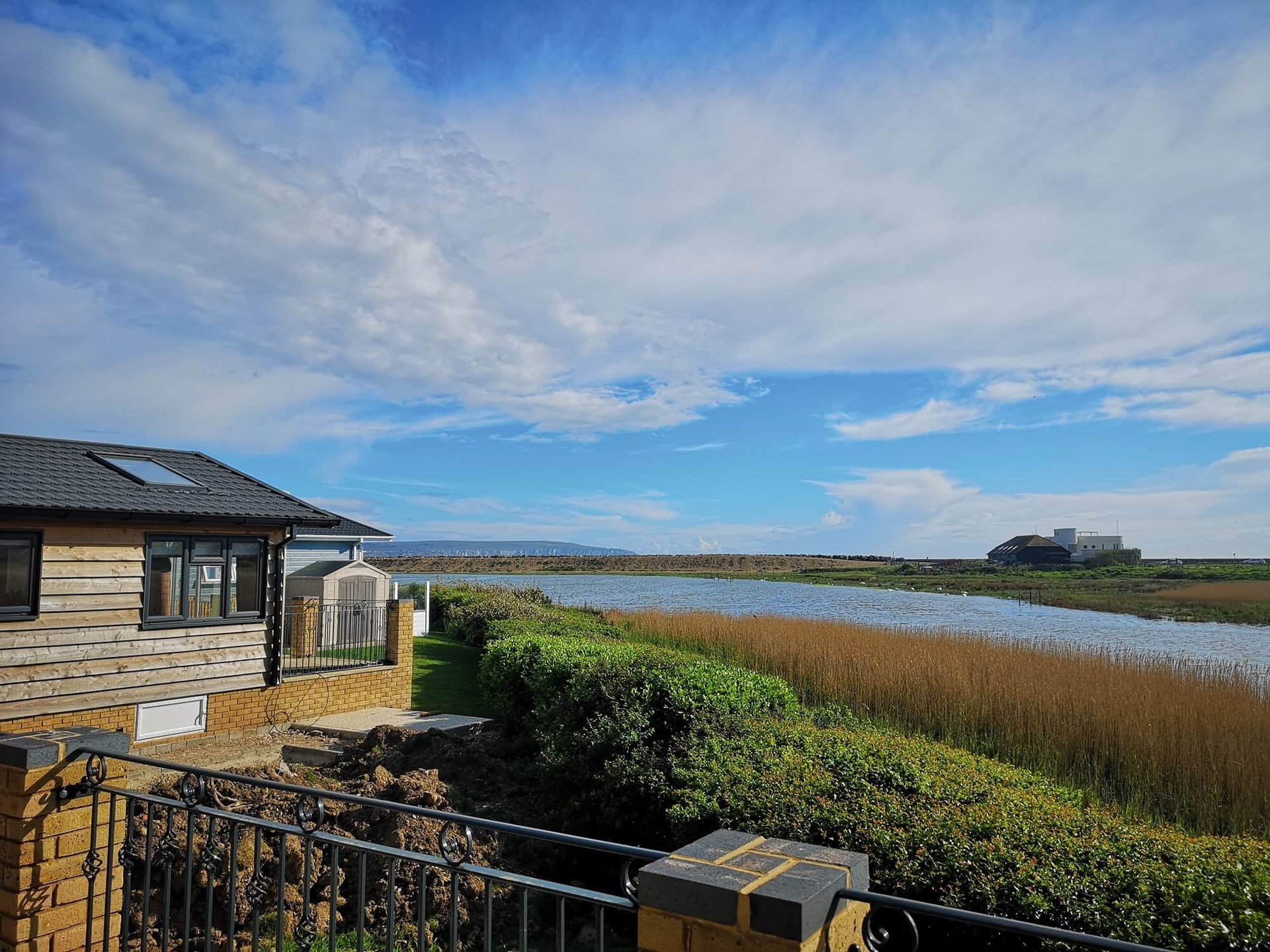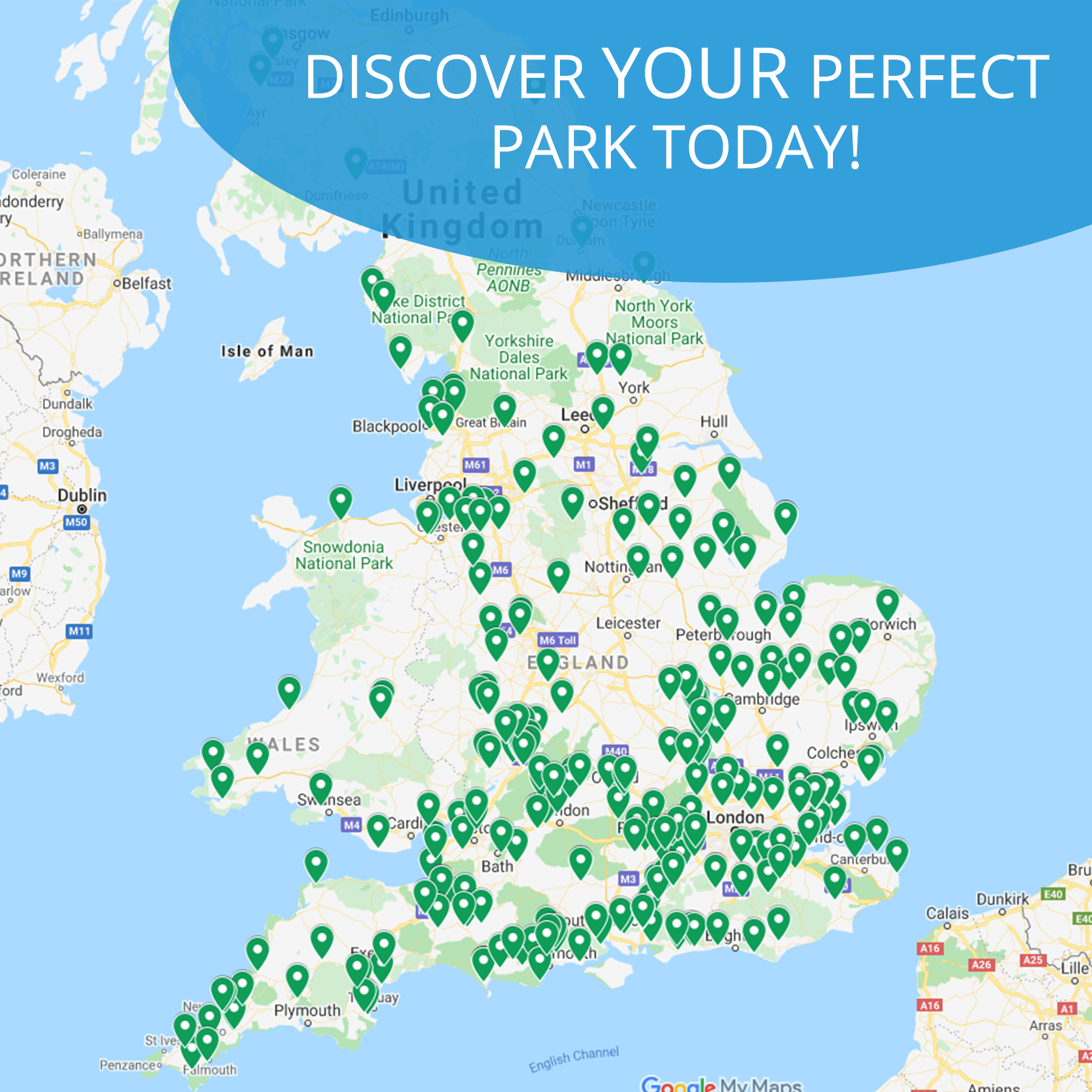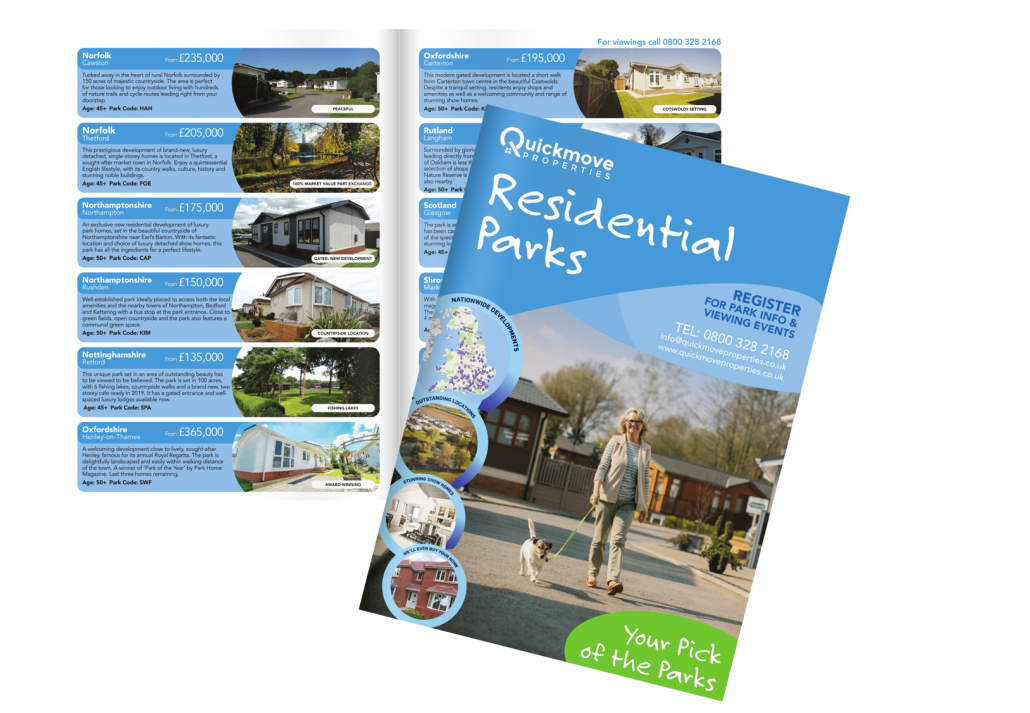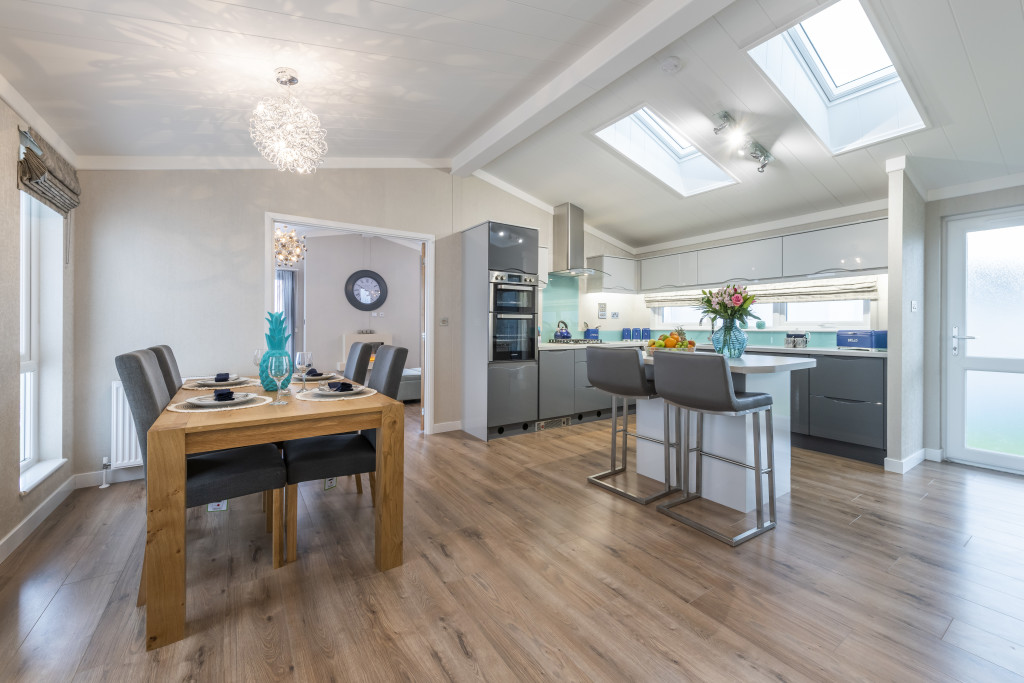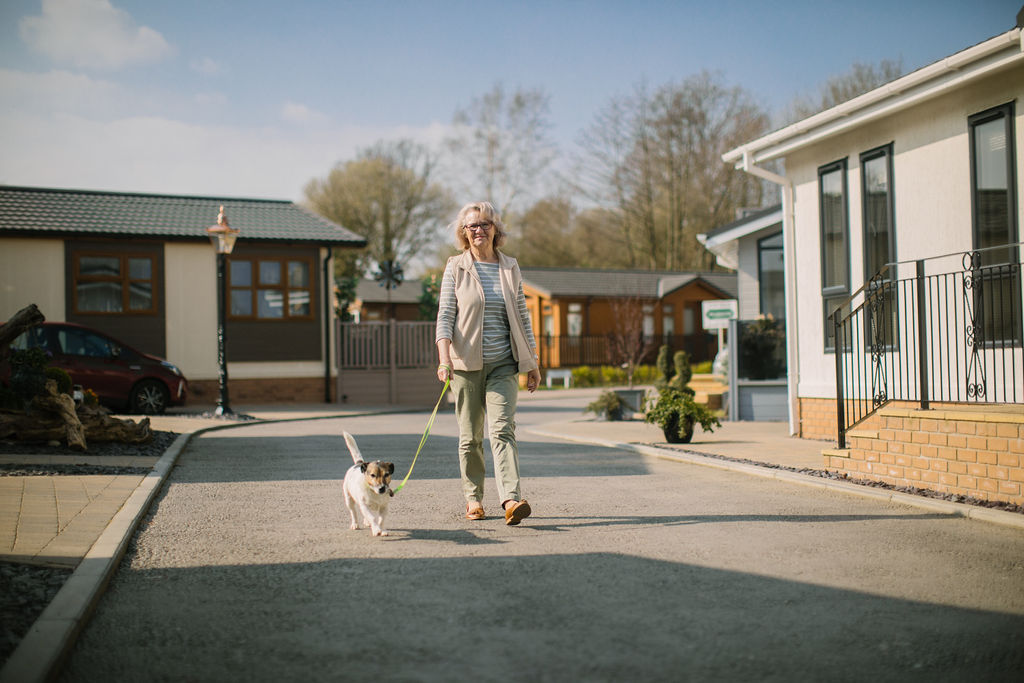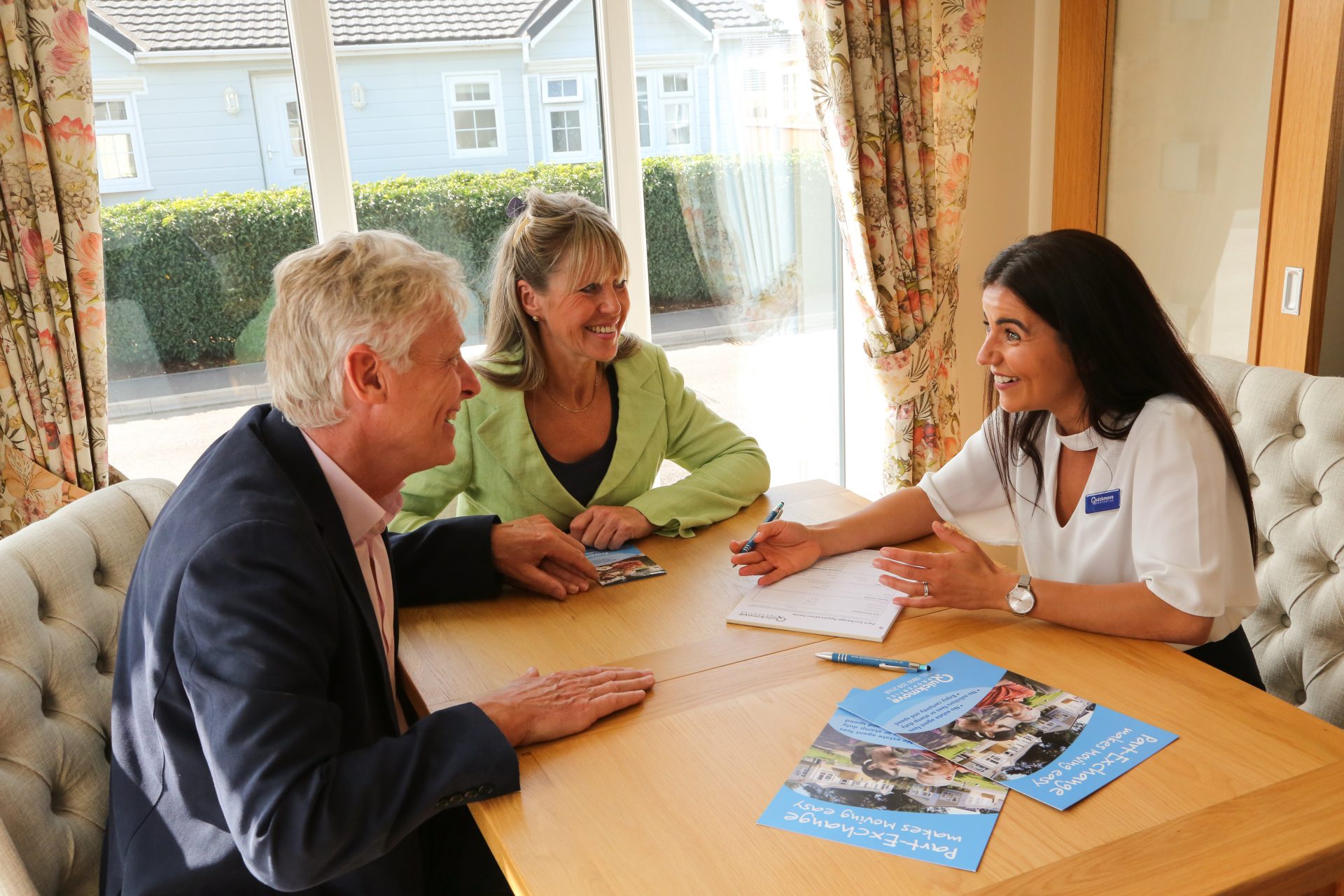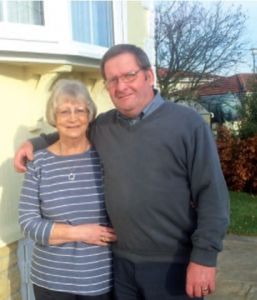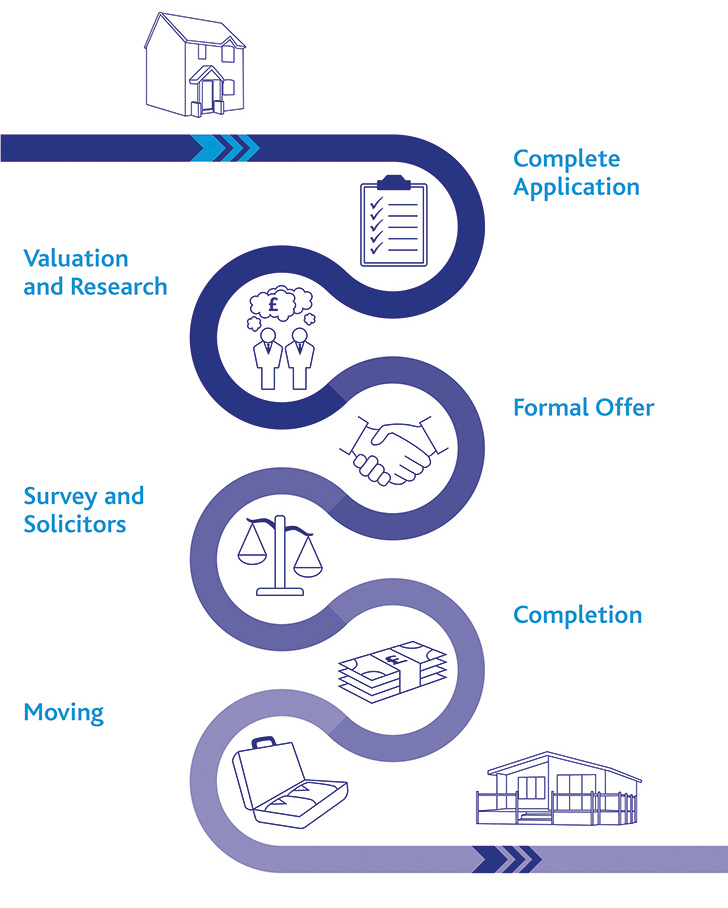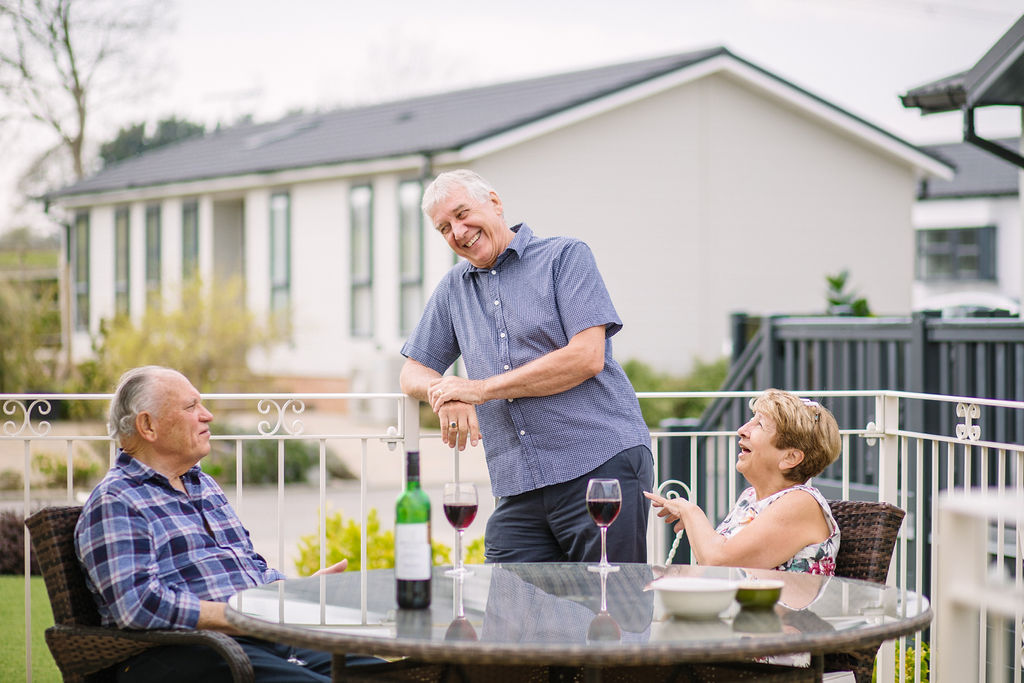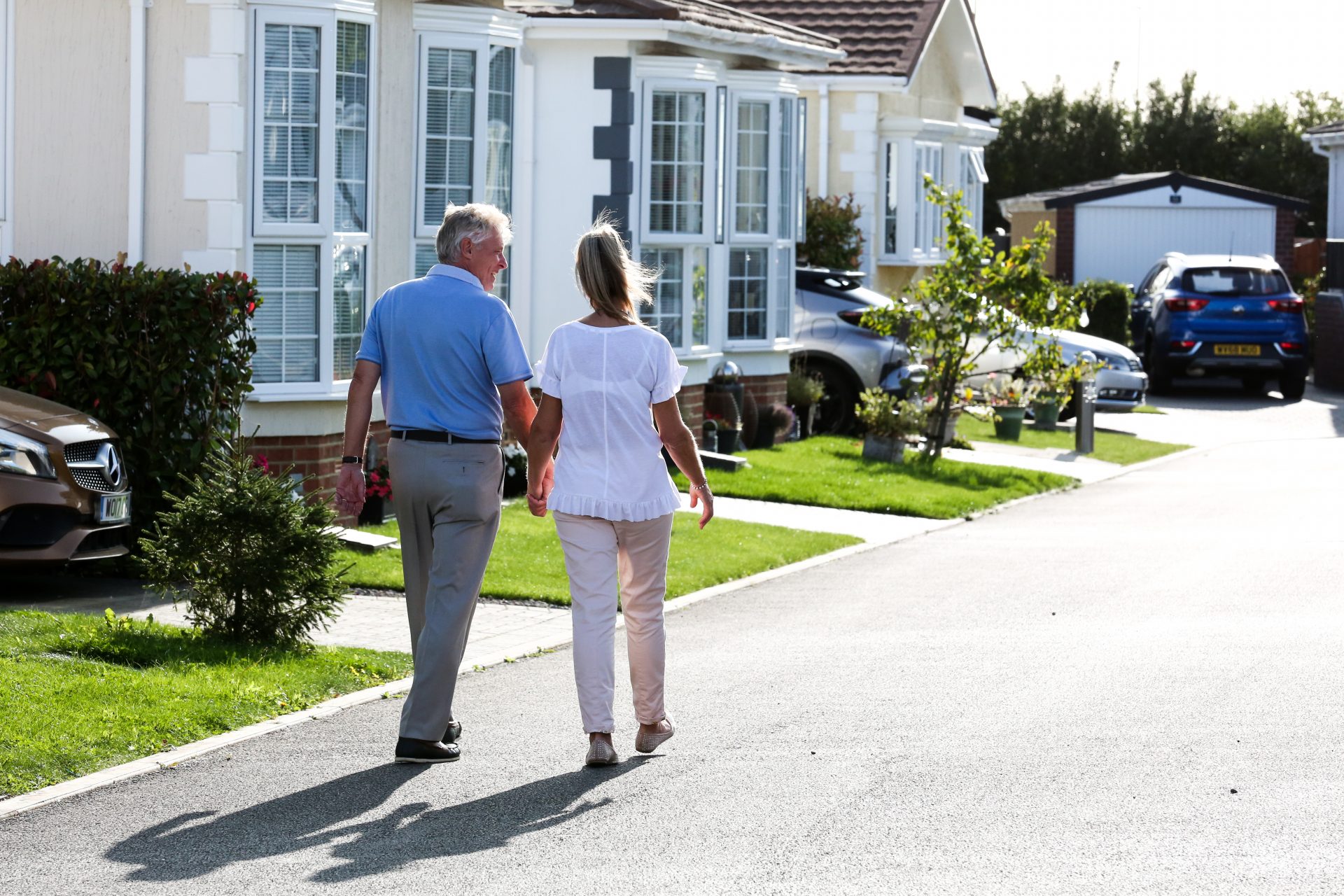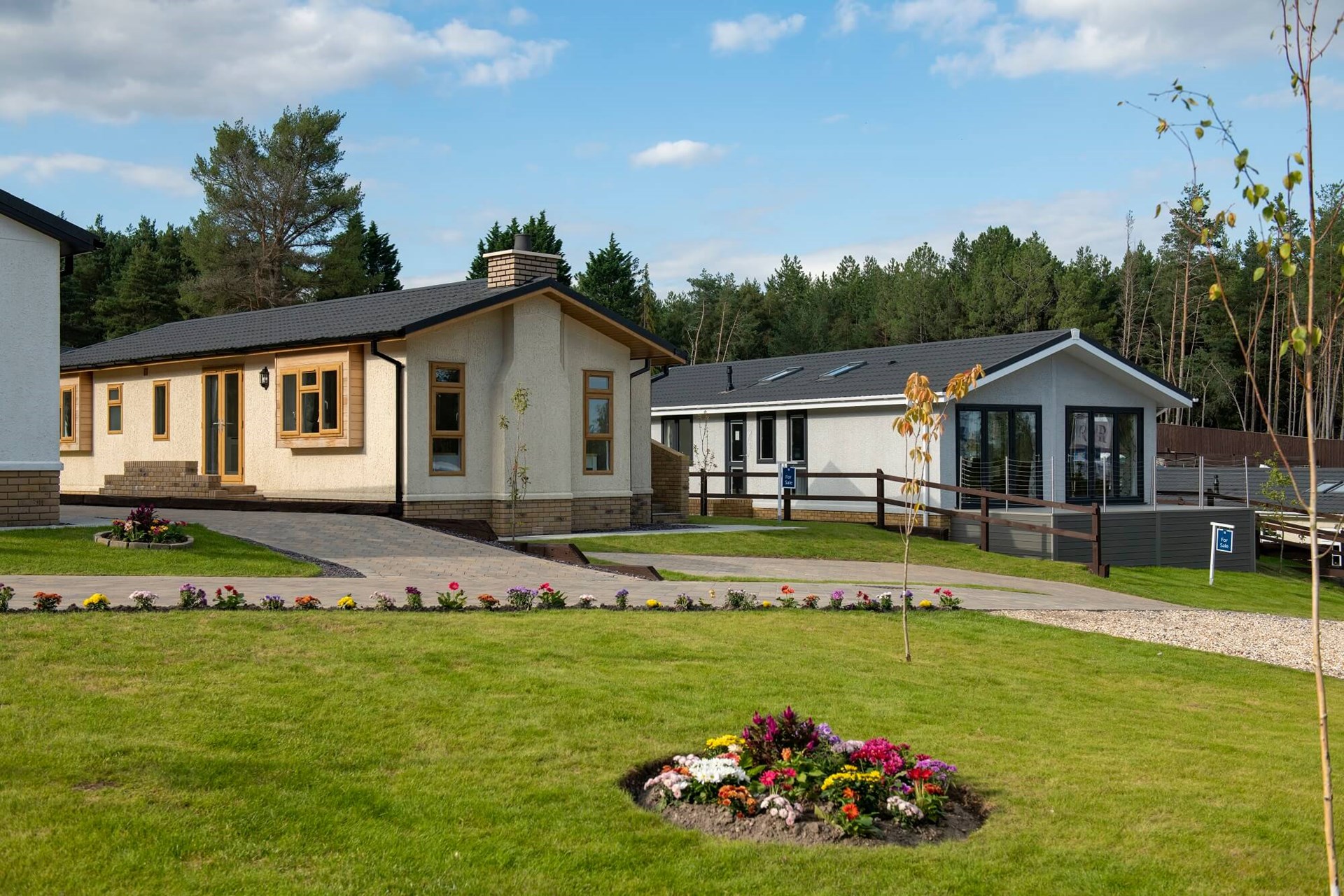Guide to Buying a modern Residential Park Home
The park home lifestyle appeals to more and more people looking for a relaxed and peaceful retirement with like-minded people. However, buying a park home is a little different to buying a traditional bricks and mortar property so before you take the plunge, Quickmove’s industry specialists have consolidated the main ‘need to know’ information right here…
Step One: Is the residential park home lifestyle a suitable option for you?
There are over 2,000 different residential parks in the UK, with more opening weekly due to growing demand and low availability of brick-built bungalows. Modern parks offer an active community lifestyle for the retired or those approaching retirement.
Park homes are single storey and low-maintenance, with significantly lower running costs than a traditional bricks and mortar property, including the lowest level of council tax. They are sold fully-furnished with luxury modern appliances, they are energy efficient, warm, cosy and well sound-insulated. Outdoor space is large enough for those with a passion for gardening, but small enough to be manageable and easy to maintain. Today’s well-built park homes can last a lifetime with proper care and maintenance. According to Goldshield, a newly built park home could last as long as 70–80 years when maintained properly.
Guide to Buying a modern Residential Park Home
The park home lifestyle appeals to more and more people looking for a relaxed and peaceful retirement with like-minded people. However, buying a park home is a little different to buying a traditional bricks and mortar property so before you take the plunge, Quickmove’s industry specialists have consolidated the main ‘need to know’ information right here…
Step One: Is the residential park home lifestyle a suitable option for you?
There are over 2,000 different residential parks in the UK, with more opening weekly due to growing demand and low availability of brick-built bungalows. Modern parks offer an active community lifestyle for the retired or those approaching retirement.
Park homes are single storey and low-maintenance, with significantly lower running costs than a traditional bricks and mortar property, including the lowest level of council tax. They are sold fully-furnished with luxury modern appliances, they are energy efficient, warm, cosy and well sound-insulated. Outdoor space is large enough for those with a passion for gardening, but small enough to be manageable and easy to maintain. Today’s well-built park homes can last a lifetime with proper care and maintenance. According to Goldshield, a newly built park home could last as long as 70–80 years when maintained properly.
The biggest selling point for many park home residents is the community spirit and quality of life on offer at most parks. Residents are often home during the day and are of similar age and interests, offering an opportunity for great friendships to be forged with neighbours. Many parks also offer a range of activities and events that encourage regular socialising within the park.
Parks may be small, independent, family-run sites, or they may be larger sites owned by a specialist park home operator offering multiple locations such as the prestigious RoyaleLife developments who have over 60 locations across the country.
As most of the homes are occupied during the day, incidents of crime and anti-social behaviour are incredibly low, making a park home a very safe, secluded, and secure place to live.
For more on park homes and their lifespan read our article here
Step Two: Select a park and home that meets your needs
Many park home buyers move to be near to family, others buy at south-coast developments for the lifestyle, warm weather, and wide availability. Quickmove can help you find suitable parks across the UK, advising which parks have plot availability, and what model of home is within your budget for those sites. You can browse a selection of Quickmove recommended parks here.
Alternatively browse our pick of the parks in our free brochure. Request your copy here.
Once you’ve short-listed a park, we recommend speaking to current residents to check their experience of buying and living on the site. How is their relationship with the park owners? Quickmove only recommends developments that have a track record of providing trustworthy service to buyers and residents.
When it comes to selecting your park home, the easiest and quickest route is to purchase a home already positioned on-site and ready to move into. If you’re in a position to move and have the funds available, this can be a very quick process, especially if using part exchange. You may prefer to order a bespoke home built to your personal specification; however, this will take considerably more time (3-6 months).
Quickmove Properties offer a Park Home Buying Service that can help you find both your ideal location, your perfect park home and to move hassle using property part exchange. Simply tell us the area you’re interested in and we’ll put together a package that meets your requirements and budget. Quickmove Properties can be contacted on 01793 840917.
REQUEST YOUR FREE PARK BROCHURE
Discover your perfect park!
Step Three: Establish a budget for your new park home and how to finance the purchase
If you have an existing home to sell, your budget is largely dictated by the market value of the property and how much cash you’d like left over following the transaction. On downsizing, many buyers use residual funds to boost their pension pots or spend on a special holiday or new car. Please do take professional financial advice when considering your park home move.
Prices of brand-new park homes vary by location, size, and specification – typically from £100,000 up to £300,000+ for prime south coast sites. Pre-owned homes are available from around £50,000 and can be refurbished by a park home maintenance and refurbishment company if required.
When buying a park home, you purchase the physical property and lease the land it sits on in perpetuity. This tenure is known as “Virtual Freehold” and means most high street mortgage lenders would be unable to offer you a mortgage to buy a park home. However, finance can be available. If you do require finance to purchase your new home, the park owner should be able to advise you on what is available through specialist finance companies.
Consider other ongoing costs
As with any home, you will be responsible for paying for gas, electricity, water, and council tax. You will also need to pay ‘ground rent’ or ‘estate charge’ which is a payment to the park operator to retain your home on the plot. Fees may be payable weekly, monthly, or annually (to be arranged with the park owner) and will vary from site to site, but you should budget anywhere between £100 and £260 per month. The park owner can propose changes to your pitch fee once a year, but they must give you 28 days’ written notice.
The park normally covers running costs such as the upkeep of communal areas, road maintenance, security and the continued provision of services and amenities.
The other cost to consider is insurance. A park home is very different to a bricks and mortar property in many ways, and therefore a standard bricks and mortar home insurance policy would not be suitable for a park home. Instead, an insurance policy will need to be purchased from a specialist park home insurer. There are several companies offering park home insurance so do your research to ensure you’re getting a policy that meets all your needs. Quickmove recommends ParkHome Assist.
Quickmove’s property part exchange scheme allows park home buyers to purchase their dream home using the funds from selling their existing property, making the move hassle-free, with no upfront fees and no delays. Quickmove customers benefit from speed, convenience, and certainty. You can secure your dream park home without worrying about estate agents, viewings, negotiations, or the risk of a sale falling through.
Home Part-Exchange makes moving easier
Mr and Mrs King, who used Quickmove Properties’ Part Exchange service, said: ‘We looked into part exchange and liked everything about it, particularly the speed at which a sale could be completed. I was slightly dubious and kept wondering what the catch was. I was aware that it would be below market value, but I was pleasantly surprised when an offer was made.
‘I worked out that although I may have achieved a bit more on the open market, when you take out the £6,000 estate agent fees and the £1,000 solicitor fees that you don’t have to pay with Quickmove Properties’ part exchange service, it suddenly became a relatively small price to pay for all the time, stress and risk we saved.
Quickmove Properties’ Sales Director, Mark O’Dwyer, explains: “The aim of Part Exchange is to take the hassle and up-front costs away from moving to a park home. We pay all the up-front costs, with no large deposits to pay to secure your new home, and our expert team are on hand to offer advice and guidance every step of the way.”
Step Four: Securing your plot or home
Buying a park home is much like buying a traditional property in terms of up-front costs. There will be a deposit payable which varies widely by park operator and depends on if you’re buying an existing unit on park or ordering a bespoke home for a specific plot. The balance will be payable upon home completion.
You will also need to pay a solicitor to handle the purchase and, if buying a pre-owned park home, you should hire a specialist surveyor. When buying a new home with part exchange you will not need to pay for solicitors or estate agents fees as these are handled by Quickmove.
Unlike buying a bricks and mortar property, stamp duty is not payable when buying a park home. This is because stamp duty is a tax on the land being purchased, but when you buy a park home you are not actually buying the land that the home sits on – instead, you have the right to reside on the plot in perpetuity.
Step Five: Check your paperwork
Firstly, we recommend you check that the site owner has a residential licence. This Licence should be displayed on-site so you can easily check that the park allows 12 month of the year occupancy and the plot as your primary residential address.
In addition, ask the park operator for copies of the following:
- Park Rules and their Written Statement under the Mobile Homes Act of 2013. Park owners and private vendors are legally obliged to provide these at least 28 days prior to the sale, to allow you time to consult with a solicitor should you wish to.
- Written details of any charges payable in respect of electricity, gas, water, sewerage, or other services supplied to the park home, including when these charges are payable and when they are next due for review.
- Written details of any other charges relating to the home or the park, including any charges for the use of a garage, parking space or outbuilding.
- A copy of any warranty for the home such as the 10-year Goldshield roof warranty.
Anything else you need to know?
What are my responsibilities as a park home resident? As the owner of a park home, you have a responsibility to keep your home well-maintained – this includes keeping the outside of your home and your outside space clean and tidy (including any fences or outbuildings that you own or use on your pitch).
What are the park owners’ responsibilities? The park owner has a responsibility to keep common and communal areas in good condition, to make any necessary repairs to the ‘area’ where your home sits, and to maintain any services supplied to your home or pitch (utilities and services).
If I buy the home but not the land, how secure is my home? The answer to this is ‘very’. The Mobile Home Act 2013 made sure park homeowners’ rights are heavily protected, as is the land their home sits on. Full details of your rights to the land your home sits on should be outlined in your agreement with the park owner.
What happens if I want to sell my park home? When it comes to re-selling a park home the process is simple and straight forward. The park owner will be entitled to up to 10% of the price the home achieved when you sell it – this is because a significant consideration in the value of the property is the level of service provided by the park owner.
Read our full Frequently Asked Questions here

